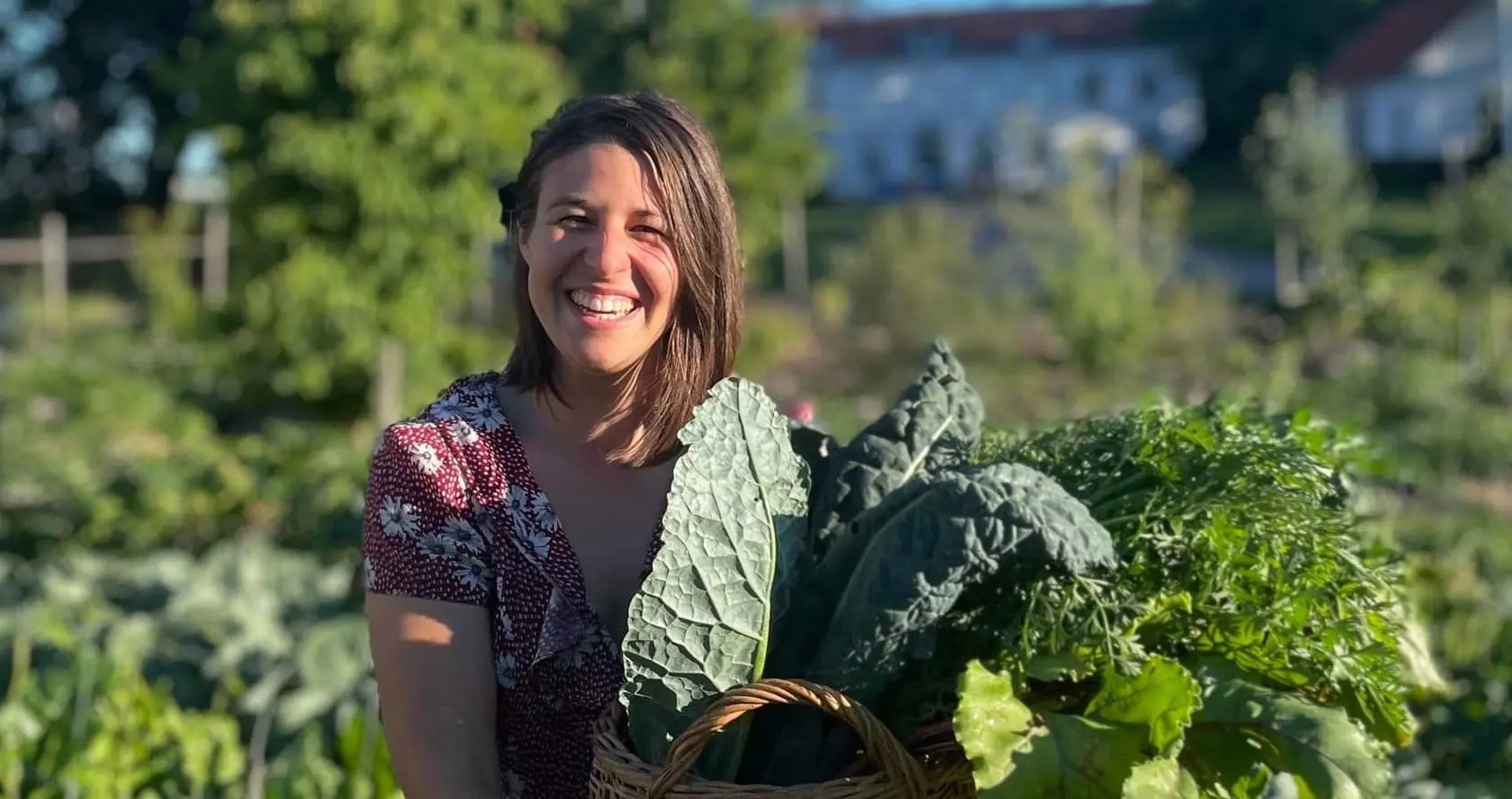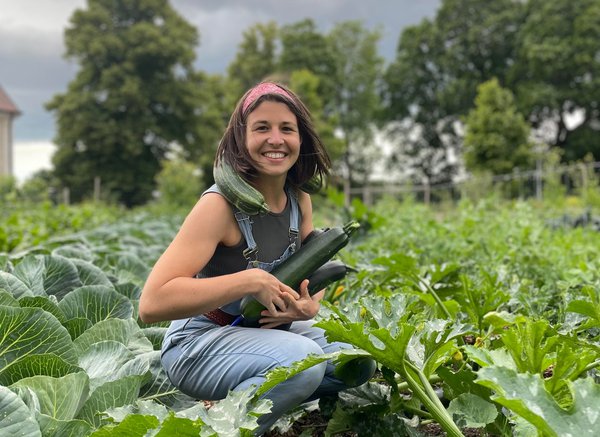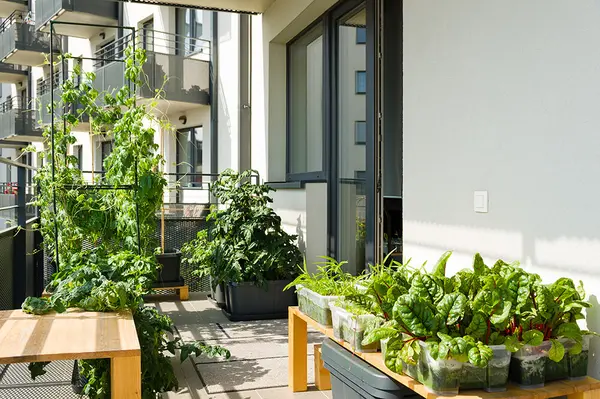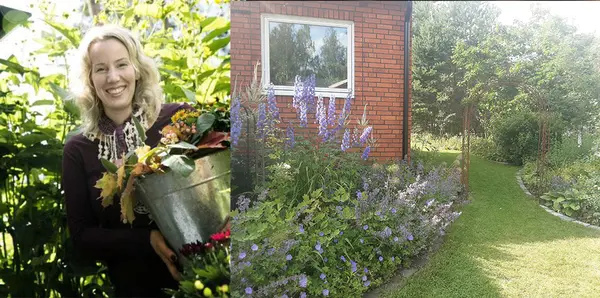Agnès, plant ecologist, on how to become self-sufficient and the skills of using herbs

Agnès has had an interest in gardening and plants since she was young. She used to spend her summers in the garden, often near a summer lilac or lavender, watching the insects and enjoyed helping her parents grow vegetables.
- I have always been drawn to nature. I went to university to become an entomologist, but during my studies I discovered plants and I pursued with a PhD in plant ecology. Since then, plants have become a part of my daily life.
What's your best advice to someone who wants to become self-sufficient?
- Self-sufficiency demands a lot of time and effort and can be intimidating at the beginning. Always start small and start with the easiest and reliable crops that also give a lot of harvest. It includes potatoes, pumpkins, zucchini, and perennials such as rhubarb and strawberries. A lot of food grows in the wild too. So, if you don't have a green thumb, you can always go foraging for greens, fruits, and mushrooms.
According to you, which is the best herb that we can find in nature?
- Without hesitation stinging nettles (Brännässlor, Urtica dioica). Nettles are so versatile and can be crafted into a variety of products such as tea, garden fertilizer, rope, clothing, natural dye, and even skin and hair care product. This is why nettle is the emblem of Nordiska Örter.
How do you make flowers and vegetables grow to be especially good this summer?
- This summer I am establishing a new space for growing herbs and vegetables. To be sure to have extra nice vegetables, the crops will face south, with more than 8 hours of sunshine per day. Some trees are placed on the north side to keep the surrounding humidity, and above, the vegetables will grow on a no-dig soil, amended in composted manure (gödsel), which will retain water and enhance soil biodiversity to provide nutrients to plants along the season.
What are your best advise to keep pests out of the garden without the use of chemicals?
- Diversity, diversity, and diversity! It is important to grow together crops from diverse plant families because they have different pests. They also have different chemical profiles (smells), and some plants can camouflage the smells of others making them unattractive to pests. Diversity will help prevent the spread of disease and provide habitat for a wide range of pollinators, birds, and other wildlife.
When do you know that your vegetables are ready to be harvested?
- It depends on the vegetable but most of the time it is when they are colourful. We can get a good sense of their maturity level based on colours: The more colourful they are, the closer to maturity and ready to be harvested they are.
You are running the Instagram account @Nordiskaorter. Tell us about it!
- Nordiska Örter aims to promote local and sustainable herbalism. Through courses, I teach people how to use herbs that are native to their region, and I will start growing a variety of culinary herbs to provide fresh and organic products to the local market. Instagram is the only platform yet where you can follow the work of Nordiska Örter and keep up to date with the activities, herbs production and sales. I publish little content because I prefer quality over quantity.
You will teach courses in wildcrafting and gardening this summer. What can the participants expect from your courses?
- I hope to transmit the knowledge and skills of using herbs, to understand the role of plants in the ecosystems, to appreciate plants beauty, for a greater sense of connection with the nature. I am excited to getting to know nature enthusiasts, to learn from each other and to build a community around plants.



